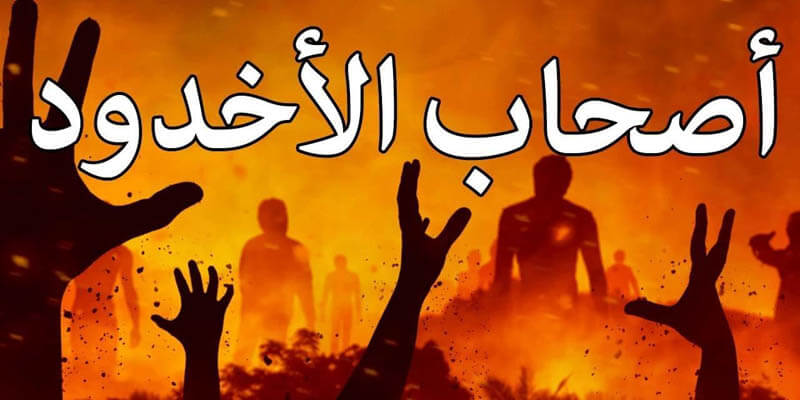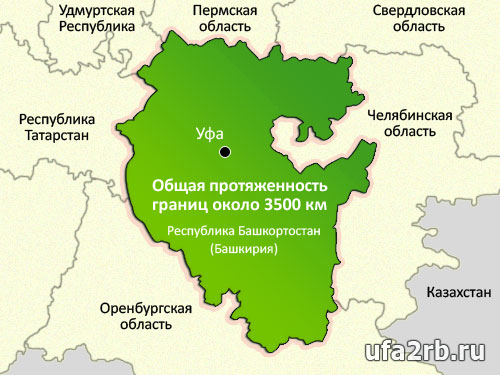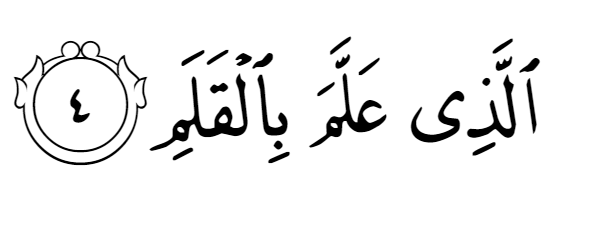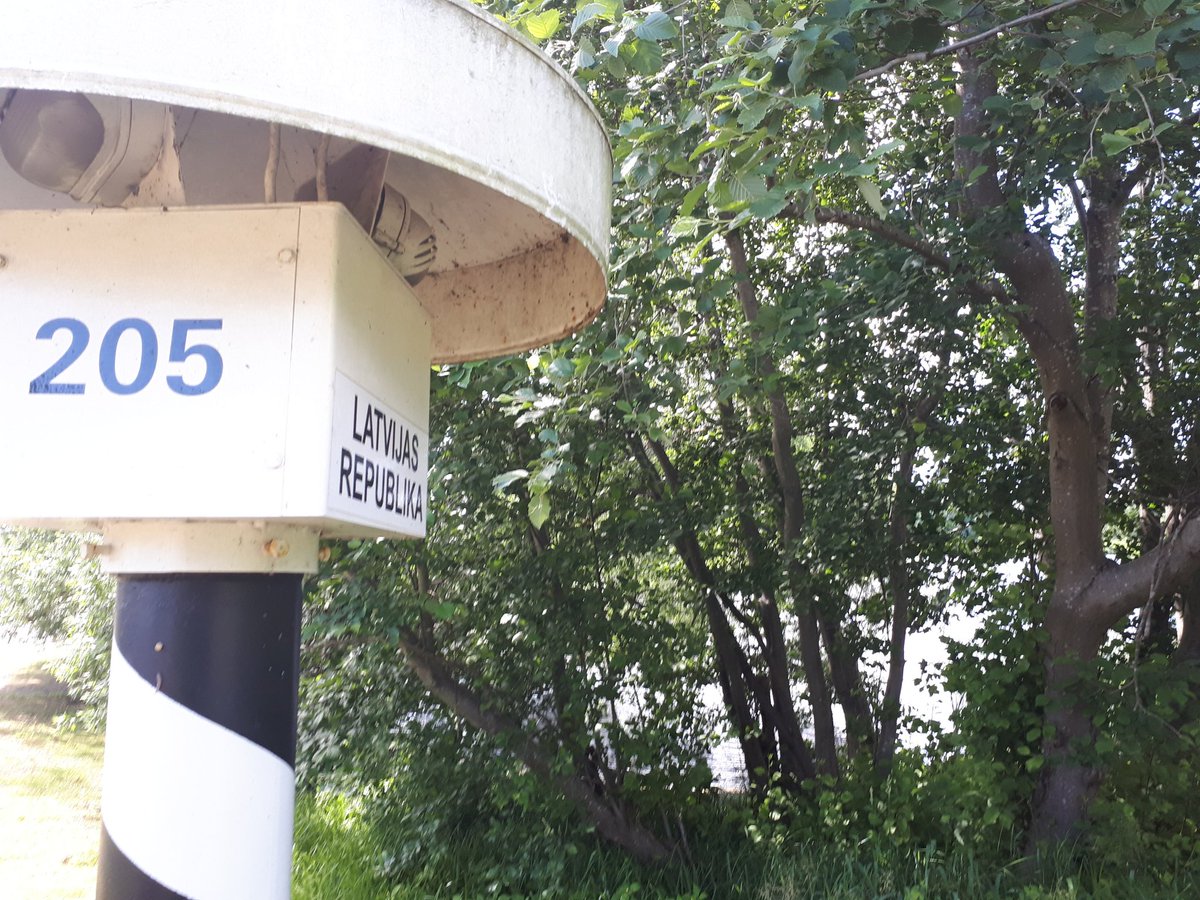
PhD @UniTartu | Science advisor @MFAEstonia (@ikoutchoukali) | Late antiquity, early Islam & historical linguistics tweets | Research security
How to get URL link on X (Twitter) App


 Why linguistic change in South Arabia during this period? As most historians of the region will tell you, this is a period for which we have very little direct evidence.
Why linguistic change in South Arabia during this period? As most historians of the region will tell you, this is a period for which we have very little direct evidence. 





 Al-Hamdānī was so well-known for his knowledge on anything related to South Arabia that he earned the nickname Lisān al-Yaman, i.e. "The tongue of Yemen". This is no joke: he knew things about astronomy, geography, history, topography, linguistics, folklore, metallurgy, and more.
Al-Hamdānī was so well-known for his knowledge on anything related to South Arabia that he earned the nickname Lisān al-Yaman, i.e. "The tongue of Yemen". This is no joke: he knew things about astronomy, geography, history, topography, linguistics, folklore, metallurgy, and more.

https://twitter.com/5katkov/status/1455141952463192064This is from the Wikipedia page "South Arabia". Overall, it's not bad. At times, it feels a bit amateuristic, but I've seen worse.




 Most people who know something about South Arabian history have heard about the martyrs of Najran. In or around 523 CE, the South Arabian ruler Yūsuf ʾAšʿar Yaʾṯar (called Dhū Nuwās by later Muslim authors ) massacred the entire Christian population of Najrān.
Most people who know something about South Arabian history have heard about the martyrs of Najran. In or around 523 CE, the South Arabian ruler Yūsuf ʾAšʿar Yaʾṯar (called Dhū Nuwās by later Muslim authors ) massacred the entire Christian population of Najrān. 


 When you go to Wikipedia, you can find this citation. Hmm, not so bold.
When you go to Wikipedia, you can find this citation. Hmm, not so bold. 



 These words are halam and kələm respectively. Look pretty similar right? Let's start with the latter.
These words are halam and kələm respectively. Look pretty similar right? Let's start with the latter.


https://twitter.com/koutchoukalimar/status/1289902285070299137?s=20


https://twitter.com/dbeniam/status/1288398053523763201So first of all, the South Arabian and the Ge'ez script are very similar to eachother. It is generally believe that the latter came from the former, for both temporal reasons (which I already adressed), but for other reasons too:

 The organizations are as follows:
The organizations are as follows: 


 We started our trip in #Valga on the Estonian-Latvian border, with the border running literally through its center. The town had a large German community before WWII. Now the linguistic border is quite sharp, with Estonian being spoken on the one side and Latvian on the other.
We started our trip in #Valga on the Estonian-Latvian border, with the border running literally through its center. The town had a large German community before WWII. Now the linguistic border is quite sharp, with Estonian being spoken on the one side and Latvian on the other. 




 As the title implies, the game focuses on the rise of Rome and starts some decades a/Alexander's death and the rise of the Diadochi kingdoms in the Mediterranean and Middle-East in 304 BCE. Like most Paradox games, there are a MASSIVE amount of factions, between Britain and India
As the title implies, the game focuses on the rise of Rome and starts some decades a/Alexander's death and the rise of the Diadochi kingdoms in the Mediterranean and Middle-East in 304 BCE. Like most Paradox games, there are a MASSIVE amount of factions, between Britain and India 

 So a bit of background info . In the introduction, the editor Amir al-Ahmadi tells us about the history of the manuscript. It was lying around in the archives of the Bavarian State Library, until the Yemeni engineer Arafat al-Bahluli stumbled upon it, sharing pics on FB.
So a bit of background info . In the introduction, the editor Amir al-Ahmadi tells us about the history of the manuscript. It was lying around in the archives of the Bavarian State Library, until the Yemeni engineer Arafat al-Bahluli stumbled upon it, sharing pics on FB.




 Alexandreia on the Issus was one of the numerous cities founded by Alexander the Great after his conquest of the Persian Empire. The city waned in importance in the centuries following, and became known as Alexandria Minor in Latin, giving its name to the diocese there.
Alexandreia on the Issus was one of the numerous cities founded by Alexander the Great after his conquest of the Persian Empire. The city waned in importance in the centuries following, and became known as Alexandria Minor in Latin, giving its name to the diocese there. 
